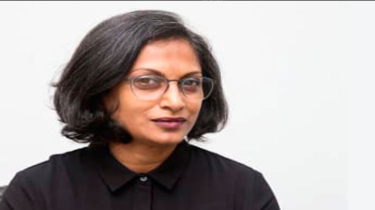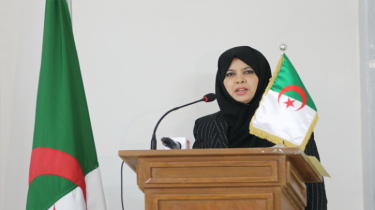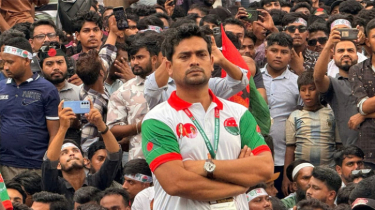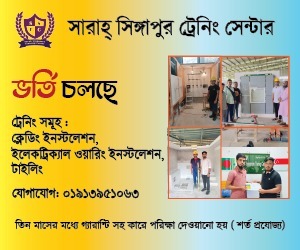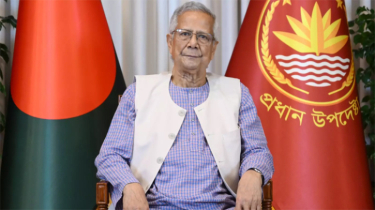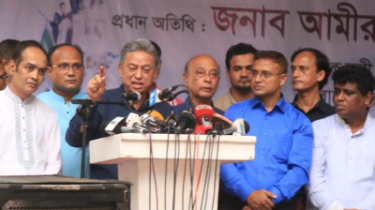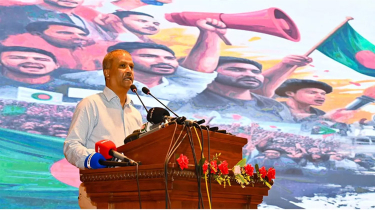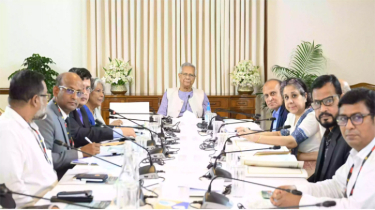Leaked Audio Implicates Former Prime Minister Sheikh Hasina in Bangladesh Protest Crackdown
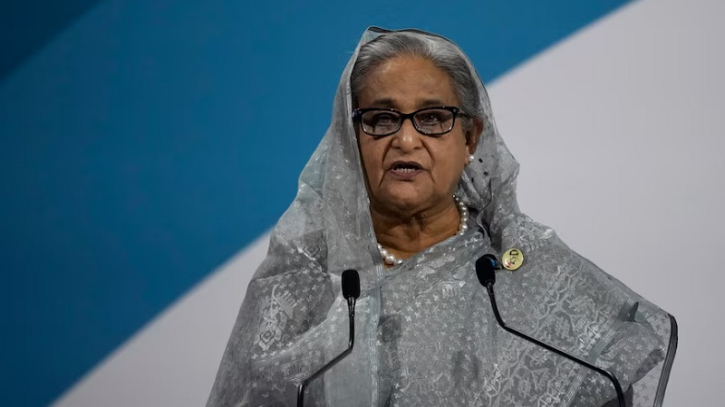
Published : 13:56, 9 July 2025
An exclusive investigation by BBC Eye has revealed that former Bangladeshi Prime Minister Sheikh Hasina directly authorised the use of lethal force during last year’s student-led protests, according to a leaked phone recording independently verified by forensic audio experts.
The audio recording, which surfaced online in March, captures Hasina instructing security forces to “use lethal weapons” against demonstrators and asserting that officers should "shoot wherever they find [them]." BBC Eye, the investigative unit of the BBC World Service, authenticated the clip through voice-matching analysis by Bangladesh Police’s Criminal Investigation Department and further verified its authenticity with independent forensic experts from Earshot.
This revelation forms part of a wider criminal investigation by Bangladesh’s International Criminal Tribunal (ICT), which is prosecuting Hasina and other senior officials in absentia for alleged crimes against humanity. The charges relate to the violent suppression of mass protests in mid-2024 that resulted in the deaths of up to 1,400 individuals, according to findings by United Nations investigators.
The protests, which began in response to controversial civil service job quotas favouring descendants of 1971 independence fighters, rapidly escalated into the largest anti-government uprising in Bangladesh since independence. On 5 August 2024—just hours before protestors stormed her residence—Hasina reportedly fled Dhaka by helicopter.
BBC Eye’s investigation, drawing on hundreds of eyewitness videos, drone footage, CCTV material, and police documents, has reconstructed key incidents of the 36-day crackdown. The findings implicate state security forces in indiscriminate and sustained violence, including the deployment of military-grade firearms against unarmed civilians.
One of the most egregious episodes occurred in the densely populated Dhaka neighbourhood of Jatrabari on 5 August, where BBC-verified footage shows police opening fire on protesters immediately after army units—previously separating the opposing sides—abandoned the area. For over 30 minutes, police pursued fleeing protesters through alleyways and down major roads, continuing to shoot until they sought refuge at a nearby army installation. At least 52 civilians were killed in this single incident—far higher than initial reports of 30 fatalities.
The situation deteriorated further when enraged demonstrators retaliated by torching the Jatrabari police station, resulting in the deaths of six police officers. A police spokesperson later confirmed to the BBC that 60 officers had been arrested for their roles in the violence and assured that comprehensive investigations were underway.
“The recordings are critical for establishing her role,” said British human rights barrister Toby Cadman, an advisor to the ICT. “They are clear, properly authenticated, and corroborated by other documentary and visual evidence.”
The forensic analysis conducted by Earshot indicated no manipulation of the audio file. Their experts identified consistent electric network frequency (ENF) interference—a common signature in genuine, unedited audio captured in indoor environments—as well as natural speech rhythm and tone consistent with verified recordings of Hasina’s voice.
The call in question was reportedly captured on 18 July 2024 while Hasina was still inside her official residence, the Ganabhaban, and was monitored by Bangladesh’s National Telecommunications Monitoring Centre (NTMC), the agency responsible for state-level communications surveillance.
Despite the mounting evidence, Hasina and her political party, the Awami League, have categorically denied any wrongdoing. A spokesperson dismissed the recording as unverified and maintained that “the use of force was proportionate, made in good faith, and aimed at maintaining public order.”
India, where Hasina is currently in exile, has not responded to Bangladesh’s formal request for extradition. According to Cadman, it remains unlikely that she will voluntarily return to face trial.
Since the collapse of the Hasina administration, an interim government led by Nobel Peace Prize laureate Muhammad Yunus has assumed power, overseeing preparations for upcoming national elections. However, uncertainty looms over whether the Awami League will be permitted to participate in the electoral process.
The BBC approached the Bangladesh Army for comment but received no response.
United Nations investigators have already concluded that there is credible evidence to believe the actions undertaken by the Hasina government could constitute crimes against humanity, including mass killings, targeted civilian repression, and deliberate incitement of violence.
The unfolding trial, supported by unprecedented levels of video and audio documentation, marks one of the most significant accountability efforts in Bangladesh’s contemporary political history.
Source: BBC News
BD/O



